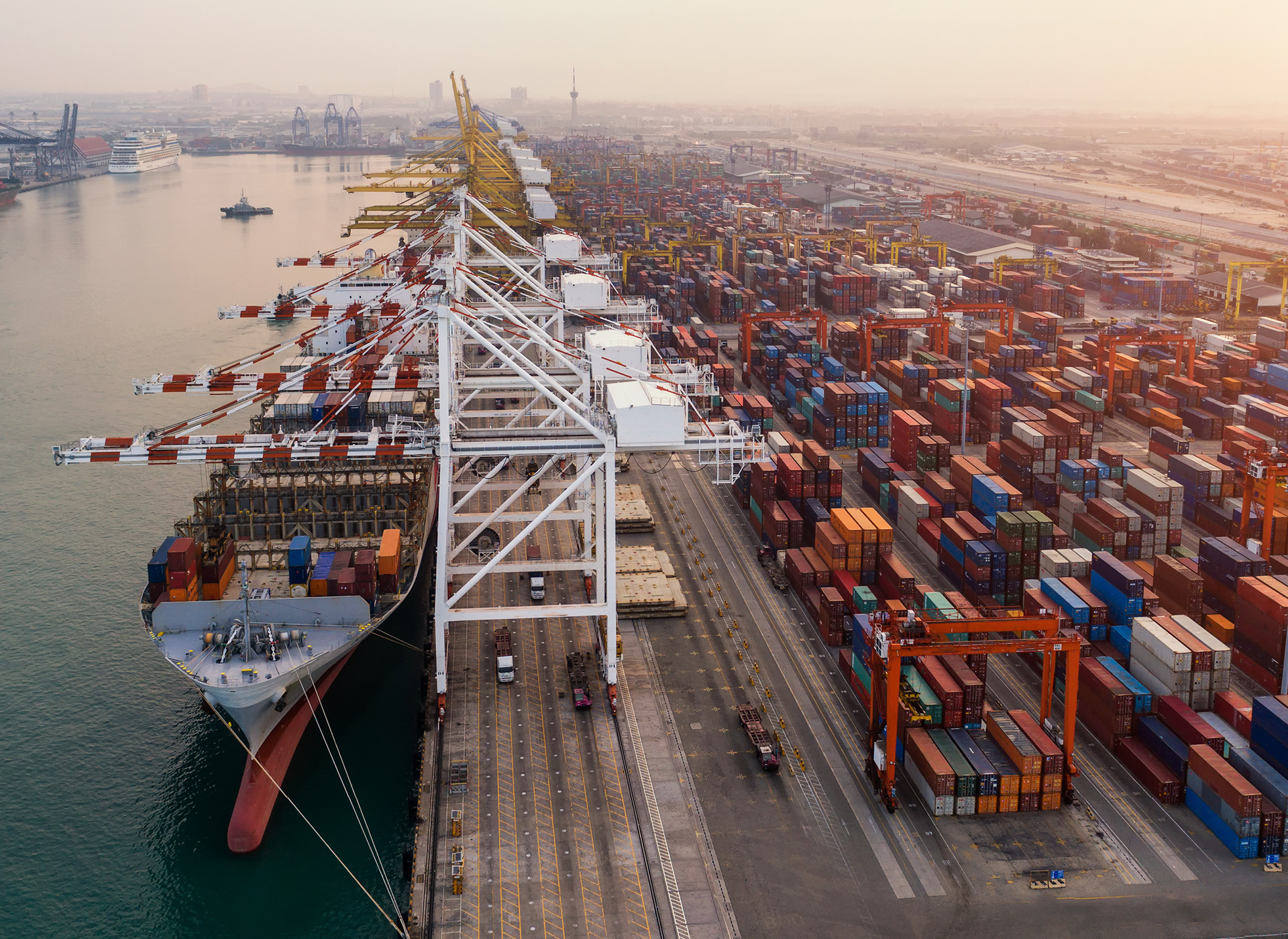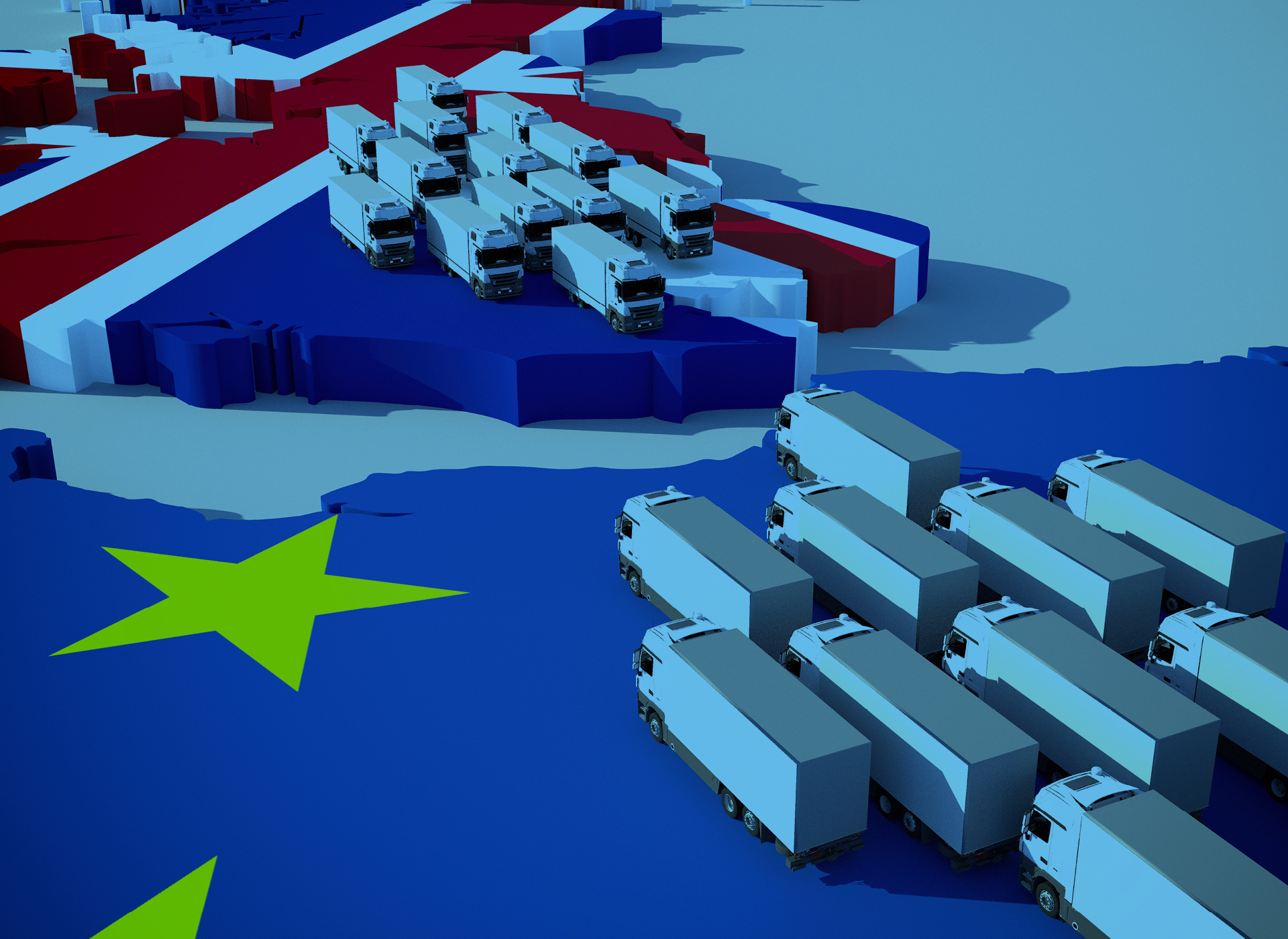The departure of the United Kingdom from the European Union has consequently new customs and tax regulations for the transport of goods.
On 23 June 2016, British citizens voted in a referendum favouring the United Kingdom leaving the European Union. After a transitional period of more than four years, this wish has come true and as of 31 December 2020, the United Kingdom officially ceased to be part of the European Union. The Trade and Cooperation Agreement between the European Union and the United Kingdom came into force on 1 January 2021. Although provisional, European regulations in the customs sector no longer apply to commercial transactions with the United Kingdom.
The European logistics sector faces an unprecedented challenge, with the UK being a key market for Spain and the rest of Europe. Although some regulations are still to be negotiated between the two trading partners, we will explain all customs and tax developments that have already come into effect.

Depending on the merchandise that you want to transport to the United Kingdom, there are different customs declaration forms.
The transport company must ensure that its driver has all the necessary customs information and documentation to present at each stage of the journey (road, port or rail terminals, checkpoints). The importer has four options for customs declaration, depending on the type of merchandise and the means of entry into the United Kingdom:
- Deferred Declaration – for uncontrolled goods. It allows keeping records of imported goods and the deferring of customs declarations and payments for up to 6 months after the import date. This type of customs declaration cannot be used as of 1 July 2021 and must also be requested in advance (even if you work with a customs intermediary). To make use of this, you must use the CHIEF system (Custom Handling of Imports and Export Freight).
- Standard Import Procedure – for all goods controlled or uncontrolled, unless the importer is authorised to use the simplified declaration. Controlled assets include excise goods such as alcohol, tobacco, fuels, or hydrocarbon oils. The importer must present the merchandise to customs immediately upon arrival in the UK and a declaration must be made within 90 days. It is also available through the CHIEF system.
- Simplified Declaration Procedure – for some controlled and all uncontrolled goods. You need prior authorisation. This declaration form can be used with excise goods (except for alcohol and tobacco) and controlled goods (except pharmaceuticals). Like previous options, you can complete the declaration in the CHIEF system.
- Transit – in the event of goods moving through several territories or if you prefer the option of completing customs formalities before reaching the border. When transit movements arrive in the UK, the goods and the Transit Accompanying Document (TAD) must be presented at a transit office. The UK government intends to allow this process to be completed digitally, using the new GVMS service. Carriers will need to present their MRNs and vehicle/trailer registrations through the GVMS prior to checking in at the port of departure.
Regardless of the type of customs declaration, the UK government recommends having an EORI number (Economic Operators Registration and Identification Number) from the United Kingdom and an import licence or certificate depending on the type of goods. For more information, please consult the UK government website “The Border with the European Union: Importing and Exporting Goods”:
https://www.gov.uk/government/publications/the-border-operating-model

Data on Security and Protection
Additional to a customs declaration, data on security and protection must also be disclosed depending on the cargo’s characteristics. There are four ways in which goods can move across the border:
1) Pre-notification
2) Common Transit Convention (CTC)
3) Admission Temporaire / Temporary Admission (ATA)
4) TIR (Transports Internationaux Routiers)
Regardless of which form the operator utilises, a safety and security declaration is required for imports and exports to and from the UK. Safety declarations for imports from the EU to the UK are suspended until 30 June 2021 due to Covid-19.
Procedures in terms of VAT
After the end of the transition period, the EU rules for cross-border supplies and movements between Member States will no longer apply to Member States and the UK. Goods transported from the Peninsula and the Balearic Islands to the United Kingdom will be exports and are exempt from VAT.
Since operations carried out between Spain and the United Kingdom ceased to be classified as intra-community, they should not be declared through the Recapitulative Declaration (model 349). Spanish companies that will carry out operations with the United Kingdom do not have an obligation to identify themselves by VAT-NIF. In the case of customs operations (imports or exports), they must possess an EORI number.

